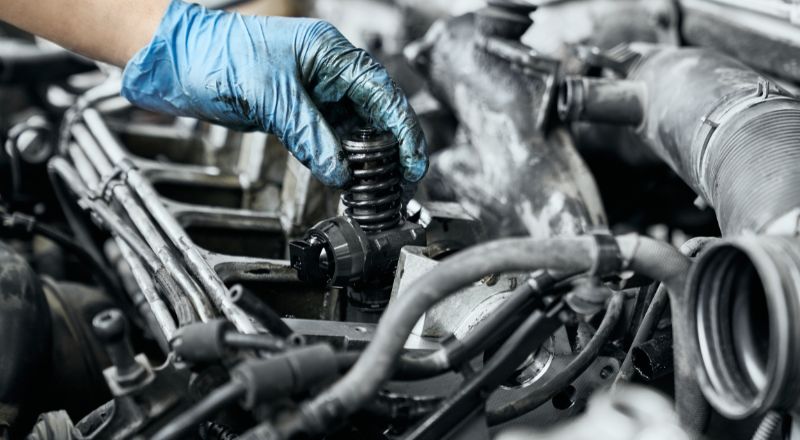The Most Important Parts of Your Diesel Engine
Diesel engines are incredibly versatile for those who love to spend time outdoors or on the road. Whether you’re traveling across the country in an RV or spending an afternoon with your utility vehicle, you can take advantage of what these powerful engines have to offer.
No matter what you’re doing, understanding what makes them tick is a satisfying bit of knowledge rooted in the heart of true enthusiast culture. Here are some of the most important parts of your diesel engine so that you can make necessary repairs or adjustments when you’re away from a mechanic.
Cylinder Block
Every diesel engine’s story begins with the cylinder block, a robust piece of engineering that performs Herculean tasks. This foundation houses the cylinders where combustion takes place and the components that bring fuel and air together. These powerful cast iron cylinder blocks contain explosions. On top of that, they drive the crankshaft, the pivotal element that sets the wheels in motion.
Head Gasket
The head gasket is a humble yet vital part of the diesel engine family. This section of your engine seals the head and the block, ensuring that the combustion process doesn’t leak pressure or fluids. Being able to identify the common signs of head gasket failure can help you prevent a lot of hassle with your engine. Ultimately, the head gasket serves the important purpose of dictating where fluids and gases can and can’t flow, and in doing so, it maintains the balance and integrity of the engine.
Fuel Injectors
One of the most important parts of your diesel engine is the fuel injector system. The rhythm and system in which these injectors distribute fuel throughout your engine is a big part of why they have better mileage than their gas counterparts. This vital element squirts precision-engineered amounts of diesel into the cylinder with precision-timed acumen that’s almost surgical. Fuel injectors are what bring that power efficiently to life and are vital components of any piece of outdoor equipment using one of these engines.
Glow Plugs
Diesel engines depend on heat, not spark, to ignite the fuel mix. For this, we turn to glow plugs, the unsung champions of starting a diesel engine in cold conditions. Unlike traditional spark plugs, glow plugs don’t ignite the fuel directly; instead, they act as pre-heaters, warming the engine’s internal combustion chambers to temperatures where the self-sustaining combustion process can take over.
